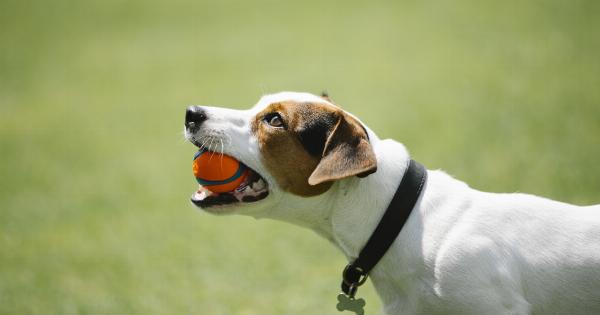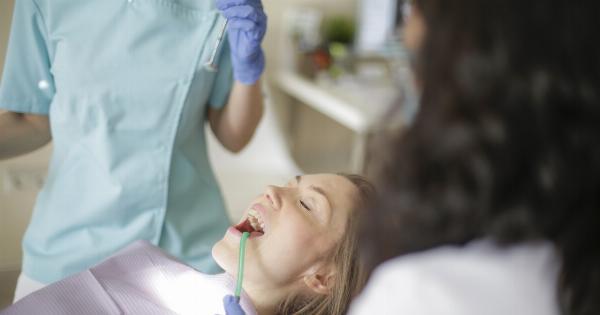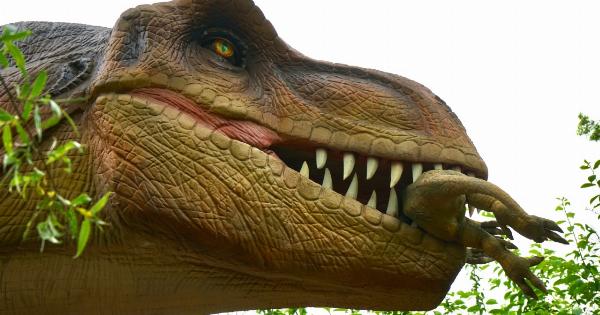Watching your baby grow up is a wonderful experience that brings joy to every parent. Every parent has a unique moment in their child’s life that they cherish. One such moment is the eruption of the baby’s first tooth.
Knowing when your baby will get their first tooth is an exciting and important milestone for every parent. Here is everything you need to know about when babies get their first tooth.
What is teething?
Before we get into the age at which your baby will get their first tooth, let’s first understand what teething is. Teething is the process of a baby’s first teeth moving through the gums and emerging.
The signs of teething can include excessive drooling, fussing, biting, and swollen gums.
When does teething begin?
Teething usually begins between three and six months of age. However, some babies start teething earlier than three months, while others start later than six months.
The age at which babies start teething varies depending on factors such as genetics and nutrition.
When do the first teeth usually appear?
The first teeth to appear are usually the lower central incisors, and they typically erupt between four and seven months of age.
The next teeth to appear are usually the upper central incisors, and they typically erupt between eight and twelve months of age. By the age of three, most children have a full set of primary teeth.
What are the signs that your baby is teething?
All babies are different, so the signs of teething will vary from one baby to another. Some common signs that your baby is teething include:.
- Excessive drooling
- Fussing and whining
- Biting and chewing on toys, fingers, or other objects
- Difficulty sleeping
- Swollen, red, or tender gums
How can you soothe your baby’s discomfort during teething?
Teething can be a difficult time for babies, and as a parent, you want to do everything you can to ease your baby’s discomfort. Here are some tips to help soothe your baby:.
- Give your baby something to chew on, such as a teething ring or a cold washcloth
- Rub your baby’s gums with a clean finger
- Give your baby a chilled pacifier
- Apply a small amount of teething gel to your baby’s gums (consult with your pediatrician first)
- Distraction – playing with your baby or going for a walk can help to distract them from the discomfort.
When should you see a pediatric dentist?
It is important to take your baby to see a pediatric dentist by the age of one, or once the first tooth has erupted. This will help to ensure good dental health from an early age.
The dentist will be able to check for any problems and offer advice on how to care for your baby’s teeth.
How can you care for your baby’s teeth?
Good dental hygiene is important from an early age. Here are some tips to help care for your baby’s teeth:.
- Wipe your baby’s gums with a clean, damp washcloth after feeding
- Once teeth have erupted, brush twice a day with a small amount of toothpaste
- Avoid giving your baby sugary drinks, such as juice or soda
- Avoid giving your baby sugary and sticky foods, such as candy or dried fruits
- Encourage your baby to drink from a cup rather than a bottle once they are one year old
- Limit pacifier use
Conclusion
Teething is an exciting milestone in every baby’s life. Knowing when your baby’s teeth will erupt will help you to prepare for this important stage.
Remember to take good care of your baby’s teeth early on to ensure good dental health in the future.





















